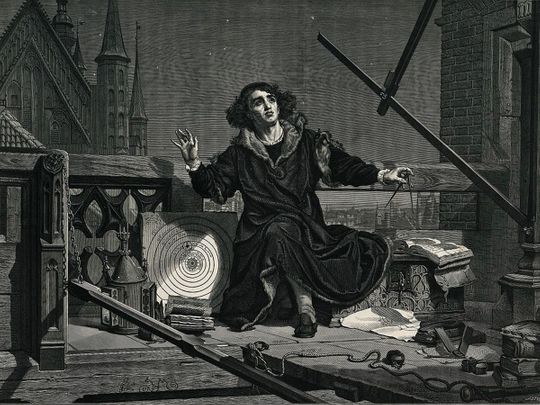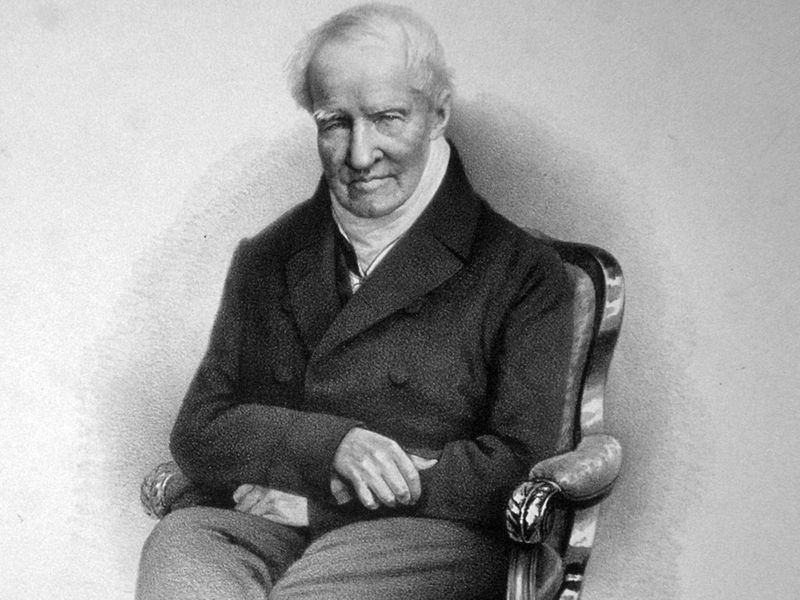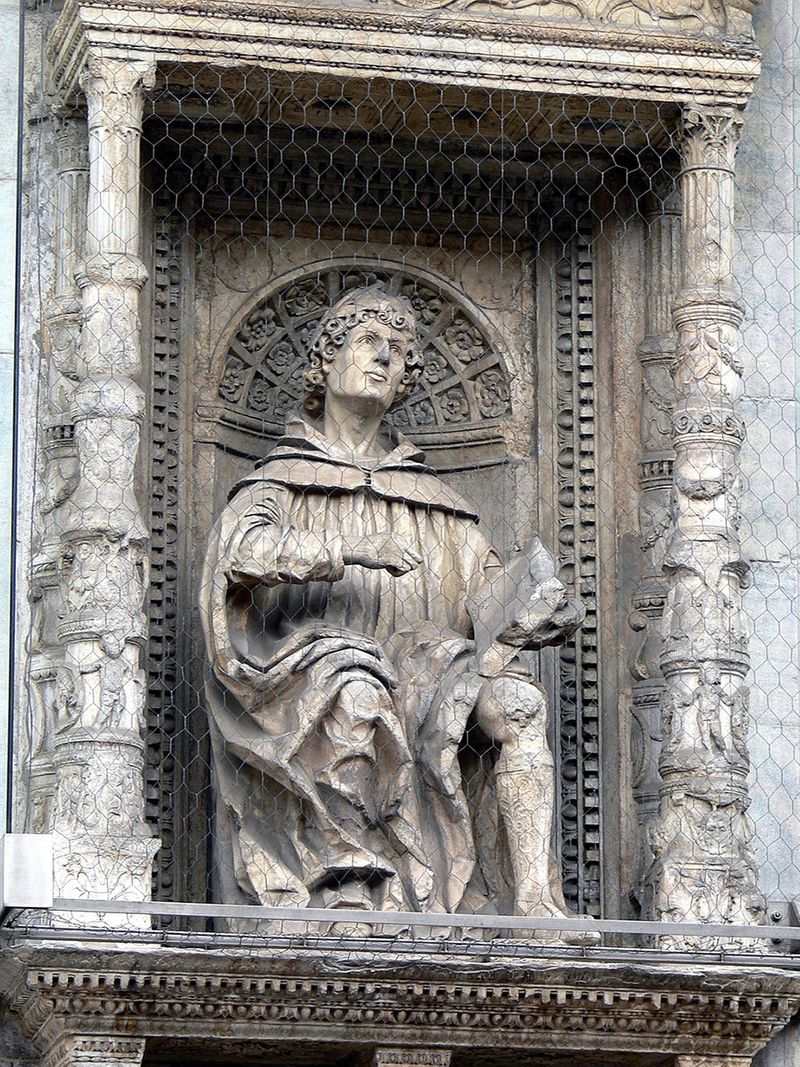
If you would like a quick introduction to some of the greatest thinkers of the 19th and 20th centuries, there’s only one place you should go.
Click start to play today’s Word Search, where you can find influential minds, from Copernicus to Humboldt.
Here are four great minds who influenced history with their visionary thinking:
1. Nicolaus Copernicus
The Polish astronomer was known as the father of modern astronomy. He was the first modern European scientist to suggest that the Earth and other planets revolve around the sun – a model called heliocentrism. The publication of this model in his book On the Revolutions of the Celestial Spheres, just before his death in 1543, was a major event in the history of science. It was a vital contributor to the Scientific Revolution.
2. Alexander von Humboldt

The German polymath’s work on botanical geography laid the foundation for an entire field of study, called biogeography - the study of the distribution of species and ecosystems in geographic space and through geological time. He was one of the first people to travel extensively in the Americas in the 1800s, and to describe them from a Western scientific perspective. Humboldt also was the first to propose the theory that the lands bordering the Atlantic Ocean (South America and Africa) were once joined. He also talked about human induced climate change, at a time when no one thought about their actions’ consequences on the environment.
3. Plinius

Also known as Pliny the Elder, Gaius Plinius Secundus was a Roman author and natural philosopher. He was also the naval and army commander of the early Roman Empire. His sprawling work, covering astronomy, geography, anthropology, botany, and more, was called Naturalis Historia and it is the largest single work to have survived from the Roman Empire to the modern day. The series of 37 books became an editorial model for encyclopaedias.
4. Thabit ibn Qurra
Known as Thebit in the West, the Mesopotamian Arab mathematician and physician named Thabit ibn Qurra lived in the latter part of the ninth century in Baghdad, Iraq, during the time of the Abbasid Caliphate. He was the founder of statics – a branch of maths and mechanics that deals with the analysis of force and torque acting on physical systems that do not experience an acceleration. By the end of his life, he had written 150 works on maths, astronomy and medicine, although less than 12 of his works have survived the ages.
What do you think of these scholars and thinkers? Play today’s Word Search and tell us at games@gulfnews.com.



